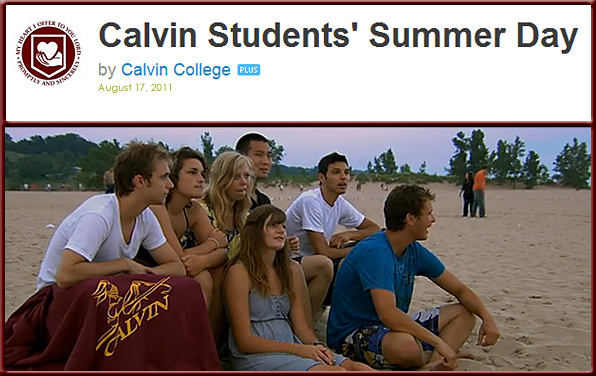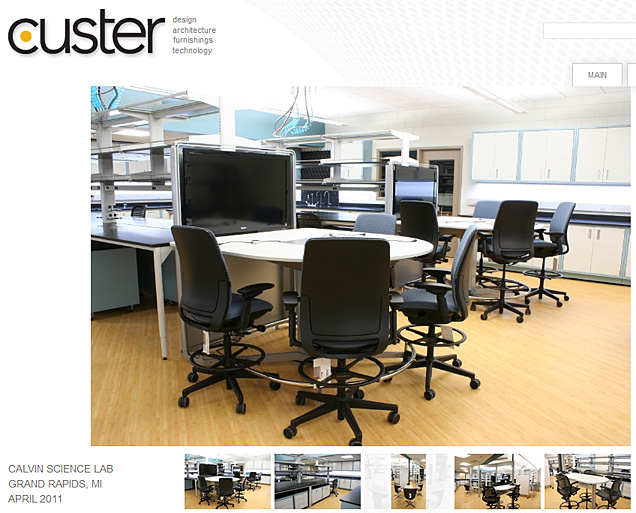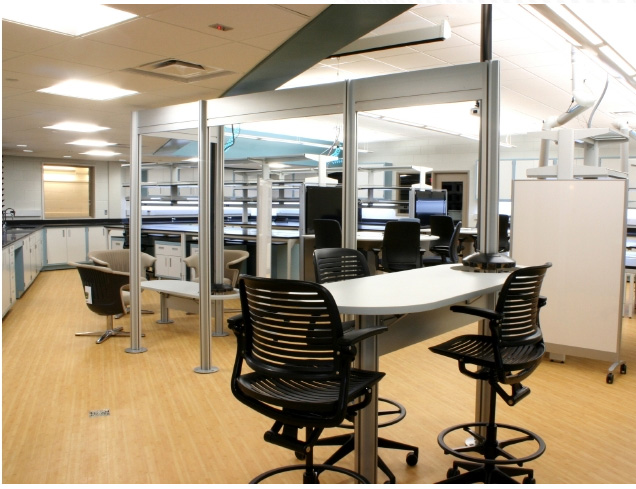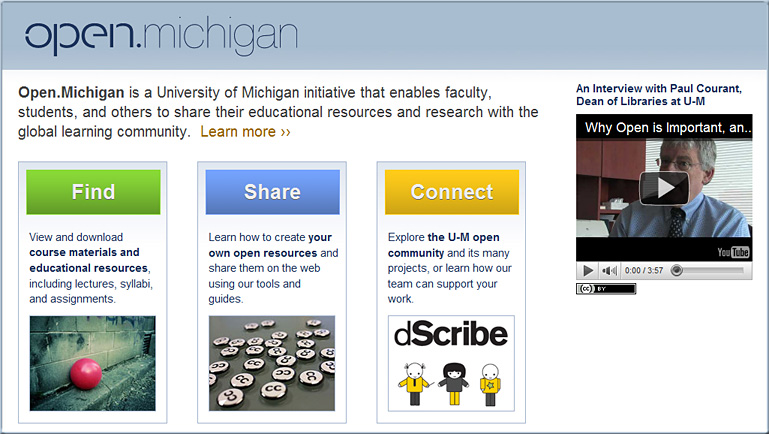Public school choice pushed in Michigan — from EdWeek.org by Sean Cavanagh
Excerpt:
At a time when many states are adopting controversial measures to launch or expand private school vouchers, Republicans in Michigan are taking a different direction, moving ahead with a plan that would greatly expand the menu of public school choices for students and parents.
GOP lawmakers, who control both state legislative chambers, have introduced a series of proposals that would give students more freedom to attend schools outside their districts, increase options for taking college classes while in high school, and encourage the growth of charter schools and online education offerings. (emphasis DSC)
Many of those proposals mirror the stated priorities of first-term Gov. Rick Synder, a Republican, who earlier this year called for establishing “open access to a quality education without boundaries.” He described the idea as an “any time, any place, any way, any pace” model. (emphasis DSC)
















